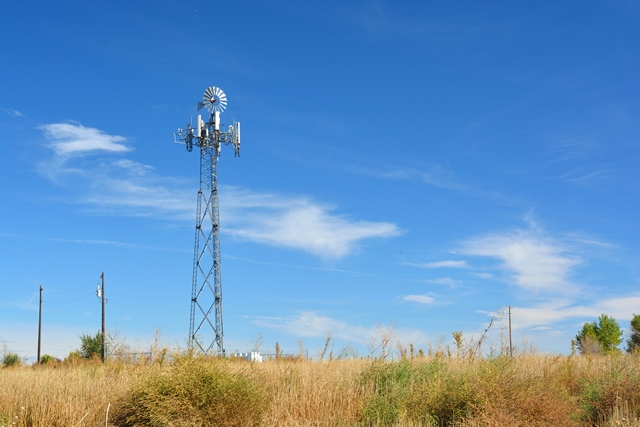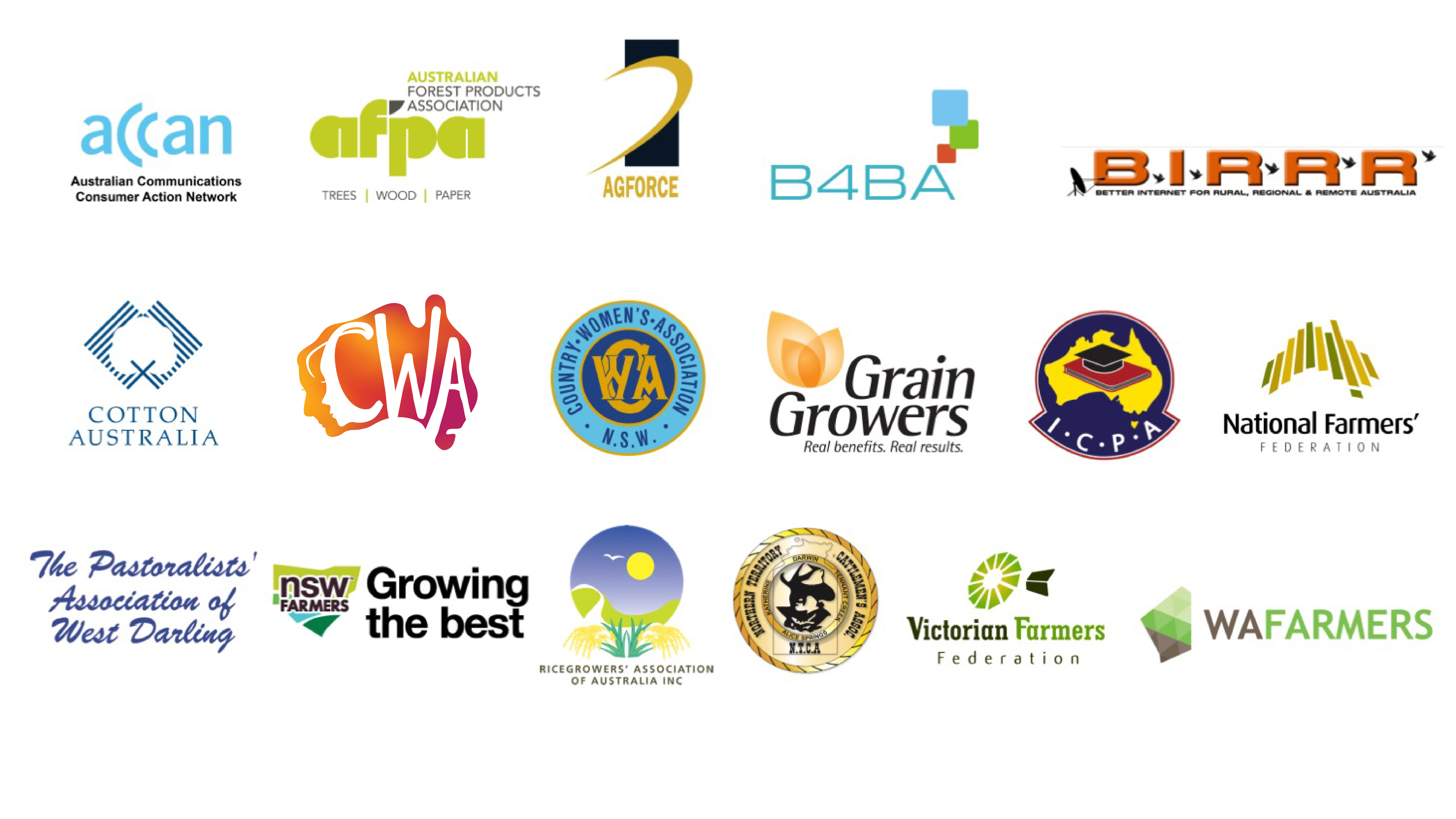 The first of many issues in 2017 to be a focus for the Regional, Rural and Remote Communications Coalition was the Productivity Commission’s Draft Report for the Inquiry into the Universal Service Obligation (USO).
The first of many issues in 2017 to be a focus for the Regional, Rural and Remote Communications Coalition was the Productivity Commission’s Draft Report for the Inquiry into the Universal Service Obligation (USO).
The USO underpins consumers’ access to phone services, including payphones. While many may have never heard about the USO, it is an important obligation that aims to ensure voice services are available and accessible to all Australians.
As part of the Inquiry, the Productivity Commission is examining the possibility of changing how voice services are delivered, and looking at whether the NBN network is the best platform in all areas.
In late January/early February, Coalition members, including the Isolated Children’s Parents’ Association (ICPA), the Country Women’s Association (CWA) of NSW, the National Farmers’ Federation (NFF), NSW Farmers, the Australian Communications Consumer Action Network (ACCAN), Better Internet for Rural, Regional & Remote Australia (BIRRR), Victorian Farmers Federation (VFF) and AgForce Queensland appeared before the Commission at hearings around Australia. The organisations voiced concerns about the future of the USO and in particular, how voice services will be delivered if the USO is changed.
This post covers the public hearings attended by the ICPA, CWA of NSW, NFF, NSW Farmers and ACCAN. We’ll publish a follow up post covering the hearings attended by BIRRR, VFF and AgForce Queensland shortly.
The issues
Judy Sinclair-Newton, immediate past president of the ICPA, raised issues about distance education and how families struggle to educate their children with unreliable internet and phone services.
“I guess a lot of our families are living in remote areas of Australia, often doing distance education with their children, which relies heavily on communications, mostly through internet,” noted Mrs Sinclair-Newton. “Then we also have a lot of the small rural schools as well, and a lot of them also have a lot of issues with no mobile coverage, poor internet services and that sort of thing.”
At a public hearing in Dubbo, NSW, CWA of NSW President, Annette Turner, highlighted the importance of landline phones in areas where mobile coverage is patchy.
“Although not USO-related, mobile outages are extremely common, and when they do work we have extremely low speeds, and no clear commitment to infrastructure upgrades,” said Mrs Turner. “This needs to be taken into account when considering the USO, as often the landline is the only way to communicate. Some families report poor connectivity with emergency services, which can have significant consequences.
“When considering if the NBN could play a role in providing a minimum baseline broadband and voice service, the issues of reliability need to be fully considered. In the view of the Association, the NBN is not a sufficiently reliable platform to deliver USO service. We do not consider that VOIP is an acceptable replacement for a fixed line.”
NFF Manager of Rural Affairs, Mark Harvey-Sutton, outlined why farmers need reliable phone and internet services.
“The National Farmers’ Federation believes that connectivity represents the next frontier for agricultural productivity in Australia,” said Mr Harvey-Sutton. “Telecommunications services have evolved to the extent that it is now reasonable for baseline broadband to be considered a right for all users. Regional, rural and remote consumers and businesses need rights to access broadband and voice services, and we urge the Commission to be conscientious and practical in considering a path forward.”
NSW Farmers President, Derek Schoen, spoke about how important telecommunications services are for all rural and regional consumers.
“This inquiry goes to the very heart of what underpins access to effective telecommunications for regional and rural and remote Australians,” said Mr Schoen. “The current Universal Service Obligation and its associated consumer safeguards have been important in delivering everyone in Australia access to voice services. However, this is the 21st Century. Voice service is no longer enough if you want to run a business, educate your children, interact with government agencies, access healthcare, or even just communicate with your friends and family.”
At the public hearing in Sydney, ACCAN CEO, Teresa Corbin, summarised concerns around changing the USO from an obligation to a policy objective.
“Communications services are undoubtedly essential. ACCAN is concerned that ensuring access to communications service through a policy objective rather than an explicit obligation such as the Universal Service Obligation may result in a moveable goal,” said Ms Corbin. “Varying levels of commitment and funding, depending on the political outlook of the day and the body responsible for delivering the specific elements, may well undermine or affect it in some detrimental way.”
The Coalition looks forward to the next stage of the Inquiry when the Productivity Commission will present a report to the Federal Government. A response from the Government is expected later in 2017.
Members of the Regional, Rural and Remote Communications Coalition are:

Download: ![]() Having a say on the USO part one43 KB
Having a say on the USO part one43 KB
Download: ![]() Having a say on the USO part one219.69 KB
Having a say on the USO part one219.69 KB
Having a say on the USO (part two)
 In late January/early February members of the Regional, Rural and Remote Communications Coalition attended public hearings to voice concerns on the Productivity Commission’s draft inquiry report on the Universal Service Obligation (USO).
In late January/early February members of the Regional, Rural and Remote Communications Coalition attended public hearings to voice concerns on the Productivity Commission’s draft inquiry report on the Universal Service Obligation (USO).
This post covers the hearings attended by Victorian Farmers Federation (VFF), AgForce Queensland and Better Internet for Rural, Regional & Remote Australia (BIRRR).
Read our first blog on the USO hearings for comments from the Isolated Children’s Parents’ Association (ICPA), the Country Women’s Association (CWA) of NSW, the National Farmers’ ...
Tell me more
Comments powered by CComment